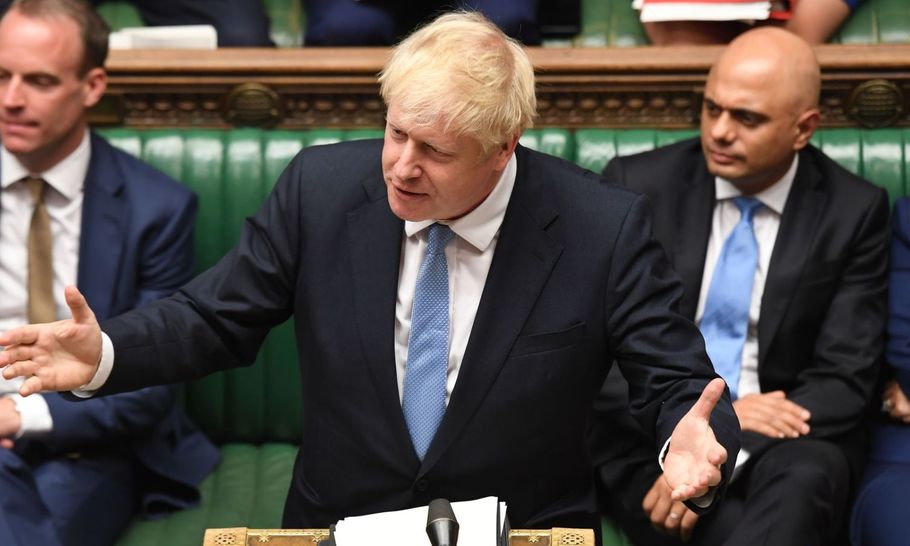Parliament has become an echo chamber. But power lies with the people

Now that they have seized control of the Commons, how does the alliance of Opposition parties and ex-Tory rebels propose to respect the largest popular vote in British history? Having rejected the old deal three times, they now propose to prevent both no-deal and, in effect, a new deal. Their plan is to ask the EU for yet another Article 50 extension until the end of January. Only then will they — perhaps — agree to a general election.
It is dawning on the public that Parliament can only agree on one thing: postponing Brexit. But the country has had enough of delays. It wants an end to the uncertainty that is crippling the economy. It wants its elected representatives to address the country’s problems, not to indulge in procedural posturing.
In the course of last night’s debate, not a single MP who staged the Opposition takeover of the Commons spoke to the long-suffering voters who had sent them there. They were talking among themselves. They were causing policy to be paralysed by process. They were ignoring the nation. They have turned Westminster into an echo-chamber.
For this reason, an election has become inevitable. It is the only way to let fresh air into the fetid atmosphere of Parliament and fresh thinking to bear on Britain’s relationship with Europe. Yet even the process that used to be called going to the country is no longer straightforward. Having played politics with Brexit, the rebel alliance is about to play politics with the election.
Jeremy Corbyn says that he will only allow an election “once the Bill to stop no-deal is law”. But that is to pre-empt the verdict of the electorate. One of the main issues that ought to be put to the voters is: should the Prime Minister be permitted, as all his predecessors have been, to negotiate freely with foreign powers? Should it be up to the executive to decide whether to keep no-deal in play, or should the legislature intervene in negotiations by taking it off the table? To deprive the voters of the choice between these two approaches to Brexit is to vitiate the purpose of the election.
Boris Johnson is down but not out. Having removed the whip from the 21 Tory rebels, he has permanently lost his majority in this Parliament. This can be interpreted either as an act of self-harm, or as a bid to free himself of a faction that has thwarted every attempt to execute anything more than Brexit in name only. The Prime Minister has been on a collision course with the Opposition alliance in Parliament ever since he took office. That collision has now happened. What was a complex battle of manoeuvre has come down to a trial of strength between Boris Johnson and Jeremy Corbyn.
On that contest of personalities, the public must eventually pass judgement. One or the other man must emerge as leader of a country crying out for leadership. Polls suggest that even those who abominate Boris, both for his politics and his personality, do still respect his decisiveness. What they know of Jeremy Corbyn does not inspire confidence.
Labour will therefore try to make this contest about something — anything — else. But it is probably too late for that. The election, whenever it comes, will inevitably turn on the question of leadership: whom does the public trust to see Brexit through to a conclusion?
By the end of this tempestuous week, many people will have come closer to making up their minds. Ultimately the decision lies with them. As the Leader of the House, Jacob Rees-Mogg, reminded MPs last night: “We should recognise that the people are our masters.” Westminster has become an echo chamber — but power lies with the people.





